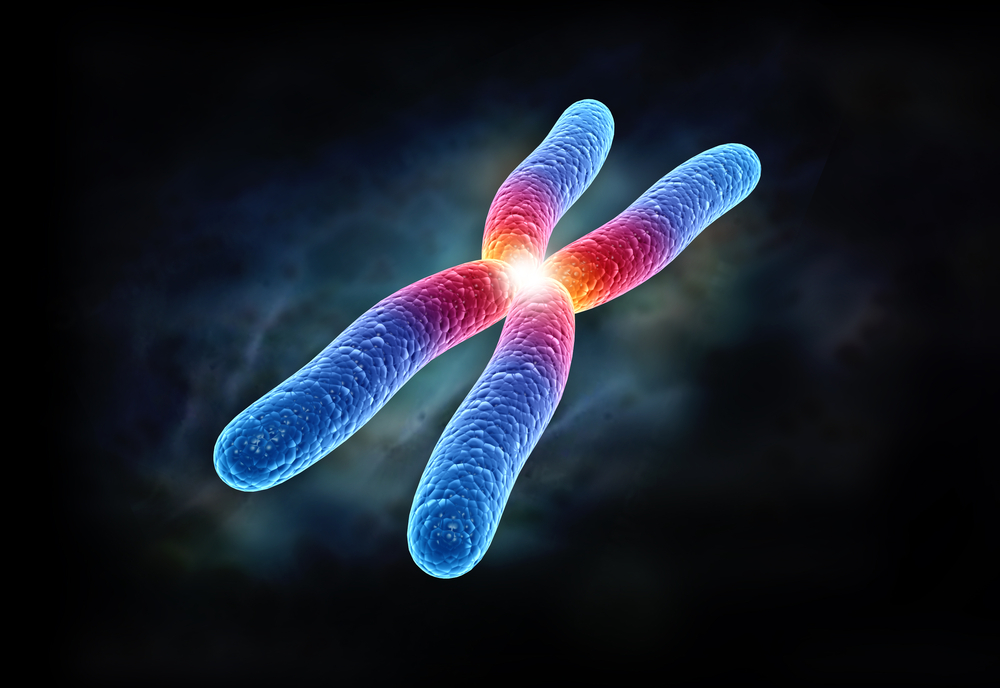Autoimmunity arises from self-reactive T and/or B lymphocytes, and underlies a wide range of conditions, from endocrine disorders to blood cytopenias. Genetic epidemiological studies have long suggested that many autoimmune conditions have an inherited component. Autoimmunity is often described as having polygenic or complex inheritance. However, both descriptions are too general to adequately describe the considerable heterogeneity in patients and conditions. Spectacular progress in the genetic dissection of autoimmunity has come from Mendelian studies of young patients with rare, distinctive conditions. Less has been learned from population-based, genome-wide association studies of more common, clinically less homogeneous conditions. The three best-characterized monogenic autoimmune disorders are autoimmune polyendocrinopathy syndrome type 1, X-linked immunoproliferative enteropathy, and autoimmune lymphoprolierative syndrome (1). On page 1623 of this issue, Kuehn et al. (2) add to this list. Patients with only one functional copy of the gene encoding cytotoxic T lymphocyte antigen 4 (CTLA4) suffer from severe autoimmunity. These heterozygous mutations result in a new phenotype, with infiltration of nonlymphoid organs, such as the intestine, lungs, and brain, by hyperactive T cells and B cells, along with more classic signs of autoimmunity.







